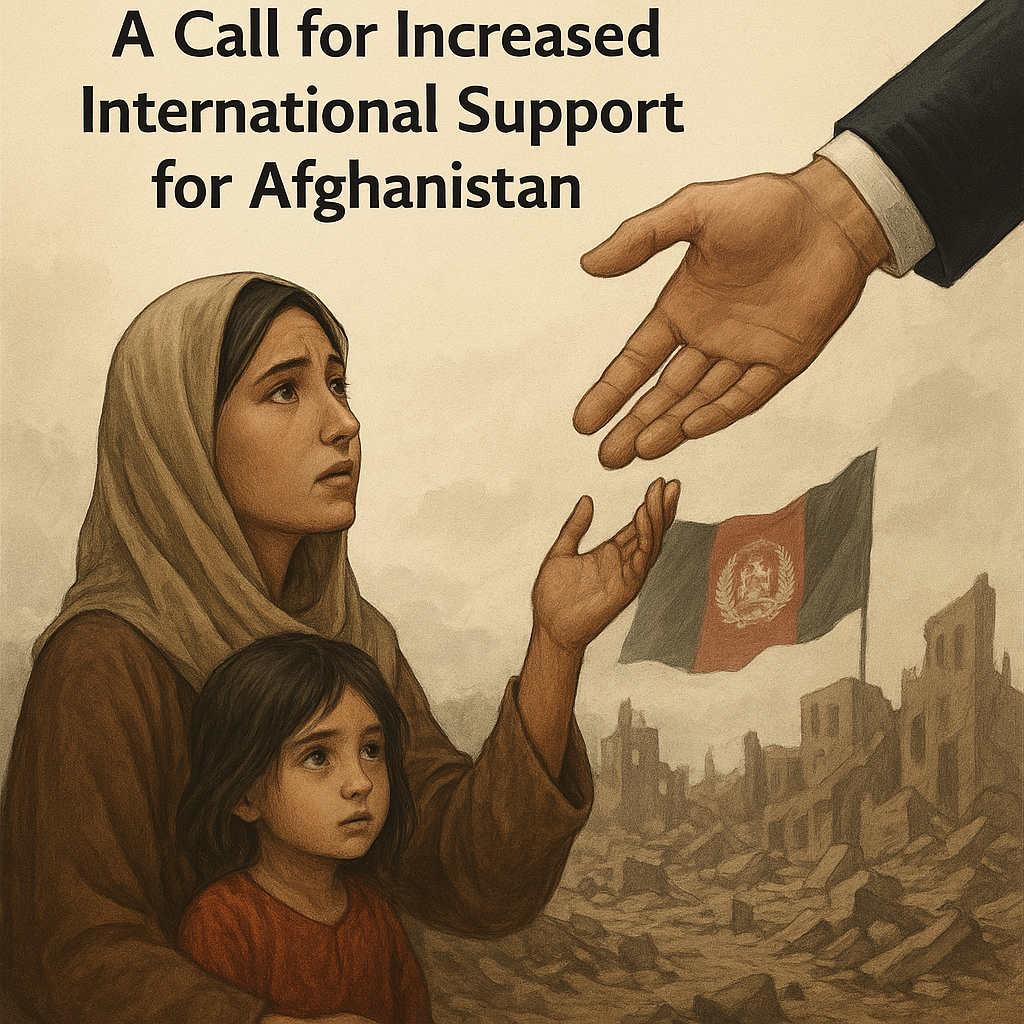- Immunity and Survival National Organization(ISNO)
- Call +93 799 044 616
- 13DS, Kabul Afghanistan
- KBL, AF
- Send your mail at
- info@isno-cso.org
- Working Hours
- Sat-Thu:8.00am to 4.00pm
A Call for Increased International Support for Afghanistan

A Call for Increased International Support for Afghanistan
Afghanistan's
socio-political landscape has undergone drastic changes in recent years,
leading to an urgent need for continued and enhanced international support. The
country, already grappling with systemic poverty, displacement, and the impact
of years of conflict, now faces unprecedented challenges following the
political shifts that have occurred. Despite efforts by various international
organizations and governments to provide humanitarian aid, the situation
remains dire, with millions of Afghans needing immediate assistance.
The support
Afghanistan currently receives is crucial, yet it is far from sufficient to
address the growing needs of the population. Women and children, who are the
most vulnerable in times of crisis, continue to face immense challenges,
including limited access to education, healthcare, and opportunities for
economic participation. Moreover, basic services such as healthcare,
sanitation, and food security are severely strained.
For Afghanistan
to rebuild and progress toward stability, it is essential that international
partners not only continue their aid but also increase support to meet the
growing demands. The international community must prioritize long-term
investments in sectors such as education, healthcare, and infrastructure to
ensure sustainable development. Additionally, the empowerment of women and
marginalized groups is critical to fostering inclusive growth and strengthening
Afghan society.
We call on the
global community to recognize the urgency of the situation and step up their
efforts. Increased support is not only a humanitarian obligation but also a
moral imperative that can contribute to the peace and stability of the region.
